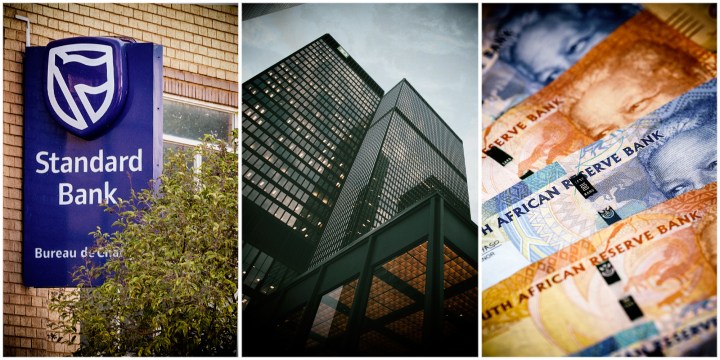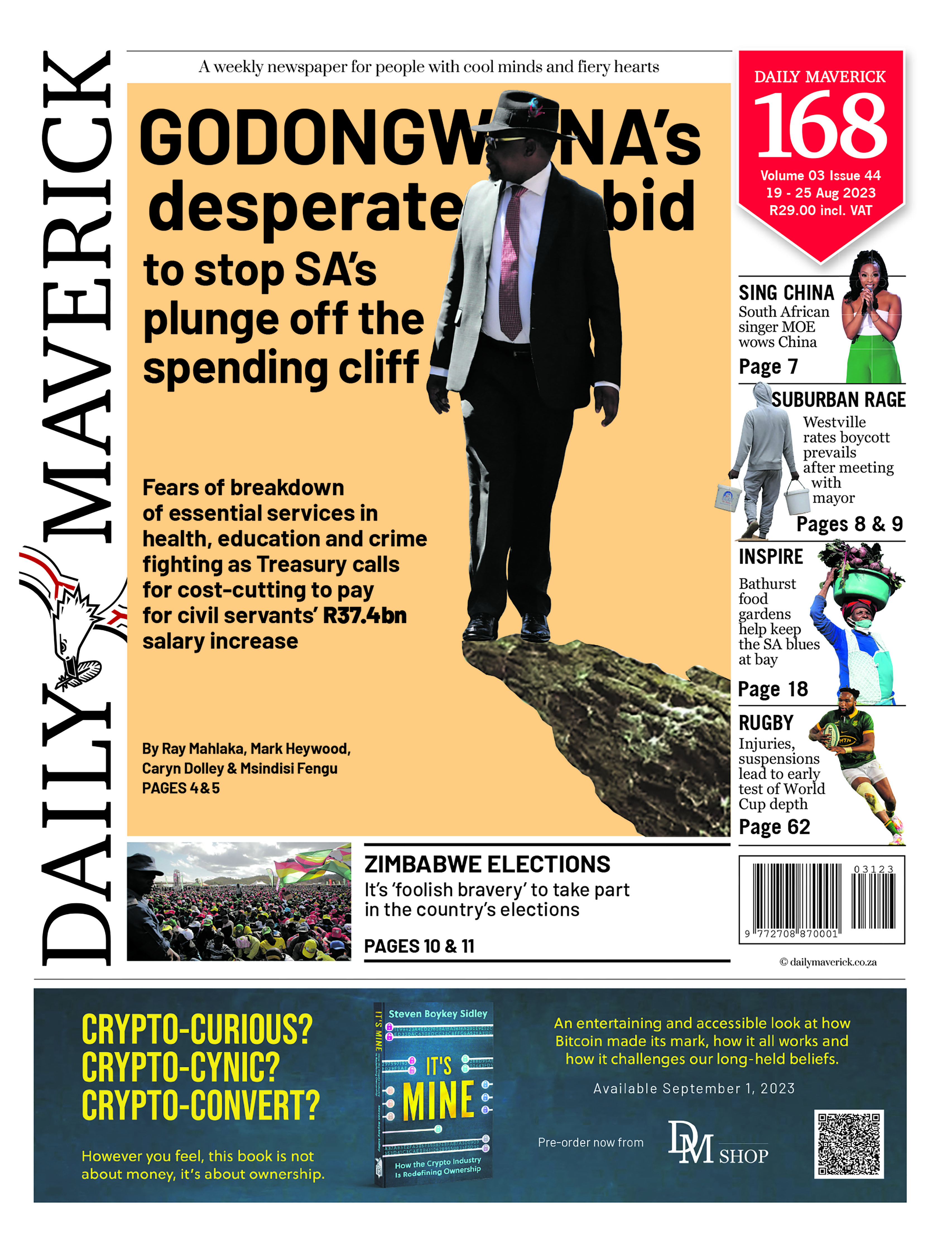PHANTOM SHARES
The Finance Ghost: The lowdown on Standard Bank, Sabvest, Equites and Resilient

Sometimes, Africa chews a company up and spits it out again. Nampak, MultiChoice and usually MTN would be on that list. Standard Bank has managed to achieve the opposite, with the African regions bringing huge growth to the investment story in the latest period.
Standard Bank has grown its earnings and dividend by a whopping 35% in the six months to June, proving that you can find exciting opportunities right here on the local market. The growth in Africa was 65% and return on equity came in at 28.4%. Although investors are looking for higher returns from Africa vs South Africa to allow for the risk, that is still an exceptional return on equity. In South Africa, earnings grew by 17% and return on equity increased to 15.2%.
The group-level credit loss ratio is 97 basis points, at the top of the through-the-cycle target range of 70 to 100 basis points.
Some of the enthusiasm in these numbers could be tempered by the growth in net asset value per share, which was “only” 10%.
For comparison, Absa’s headline earnings per share (Heps) could increase by only 2.7% in the six months to June. The credit loss ratio is up to 127 basis points, a major factor in return on equity dropping from 17.5% to 16.7%. In contrast, Standard Bank’s group return on equity increased from 15.7% to 18.9%.
The compounder continues
Sabvest has achieved a 15-year share price compound annual growth rate of 17% excluding dividends. That’s exceptional, which is why this investment holding company enjoys such a strong reputation, despite recent criticism over the Transaction Capital investment.
Show me someone who has never made a mistake in business and I’ll show you a liar.
The net asset value (NAV) per share at Sabvest has increased by 10.4% over the past year, so this has been a tough period but still one of progress. With 13 unlisted and three listed investments, the private companies in the portfolio are driving the story despite the challenges they face in this environment.
Sabvest is trading at a discount to NAV of nearly 40%, which isn’t too different to the likes of Remgro. And in case you’re wondering, Transaction Capital is now just a R35-million position in a portfolio with assets of nearly R5.3-billion.
Equites lands a big disposal
Property fund Equites has been on the wrong side of the market this year, with the share price taking a hiding of nearly 30% in 2023. That’s a hard landing. To slim down the debt, Equites is selling a major investment in the UK for more than R1.4-billion.
This sale will reduce the land holdings by around 32%. In international property, logistics giants like Prologis having a huge land bank is part of the moat, as it guarantees a development pipeline. Equites doesn’t have that luxury, as the company needs to respond to market pressures and get its balance sheet back where it needs to be. The goal is to achieve a loan-to-value of 35% by the end of February 2024.
The net proceeds of R1.2-billion will be very helpful for the development pipeline in South Africa as well, so this is an interesting example of a company choosing to bring its capital home. It’s going to take a while to get this sale across the line thanks to numerous conditions related to town planning and the like. Once that is done, Equites will still be involved, as the purchaser has appointed the company’s UK subsidiary to develop the property.
Although a great deal of capital is being freed up, the profits on the sale and development are expected to be only £6.3-million. These profits won’t be distributed to shareholders.
Resilient also brings capital home
This trend is fascinating, isn’t it? Not only is Equites bringing capital back to South Africa, but so is retail-focused property fund Resilient.
In this case, Des de Beer (who is hanging up his CEO hat to make way for Johann Kriek) and crew have grown gatvol of Hammerson and the games that the company has played with its dividend payout ratio, which is far below the industry standard. Resilient has sold about 80% of its stake in the company and is looking to reinvest capital in solar projects, with this sale also helping to calm some nerves around an increase in the loan-to-value ratio.
The operating environment hasn’t exactly been kind to Resilient either, with a dividend for the six months to June of 203.22 cents per share, a drop of 30% year-on-year. The second half is expected to be quite similar, giving a full-year dividend of 400 cents per share.
There are some encouraging signs, like 5.8% growth in net property income in South Africa and a positive move in rental rates on new and renewed leases of 9.6%. The disappointments have mainly been elsewhere, like a lack of recovery from Covid in France for many retailers and valuation pressures in Nigeria.
For renewable energy enthusiasts and anyone who has experienced Eskom’s joys first-hand, it’s encouraging that Resilient is en route to get almost 28% of its electricity from its own solar installations. The sun might not be shining in the UK right now for property funds, but it better keep shining here.
Always DYOR*
*Do Your Own Research
In case you missed the heading, I mean always. We saw a horrible example of this issue in the past week, with Moneyweb releasing a factually incorrect headline that drove a flurry of activity in the Kibo Energy share price. Awkward.
It’s especially awkward for those who blindly bought based on the headline, paying up to 5 cents per share for a company that has been stuck at 2c per share. That sounds like no difference at all until you think about it in percentage terms. This is the same as paying R500 for a stock that always trades at R200. Not such a small difference, is it?
Note to self (and to everyone really): Kinetiko Energy has nothing whatsoever to do with Kibo Energy. Kibo Energy has no link to the gas discovery near Secunda. And with Kibo back at 2c per share, a hard lesson has been learnt by all involved. DM
After years in investment banking by The Finance Ghost, his mother’s dire predictions came true: he became a ghost.
This story first appeared in our weekly Daily Maverick 168 newspaper, which is available countrywide for R29.




















Comments - Please login in order to comment.